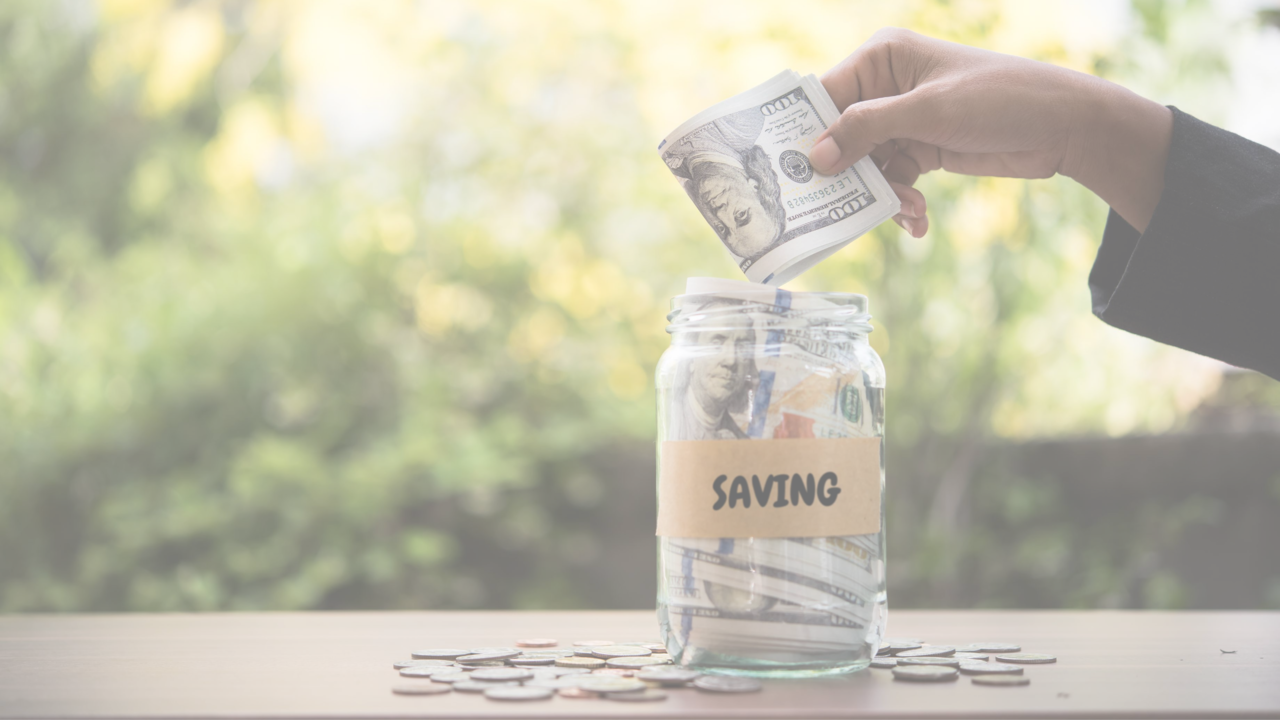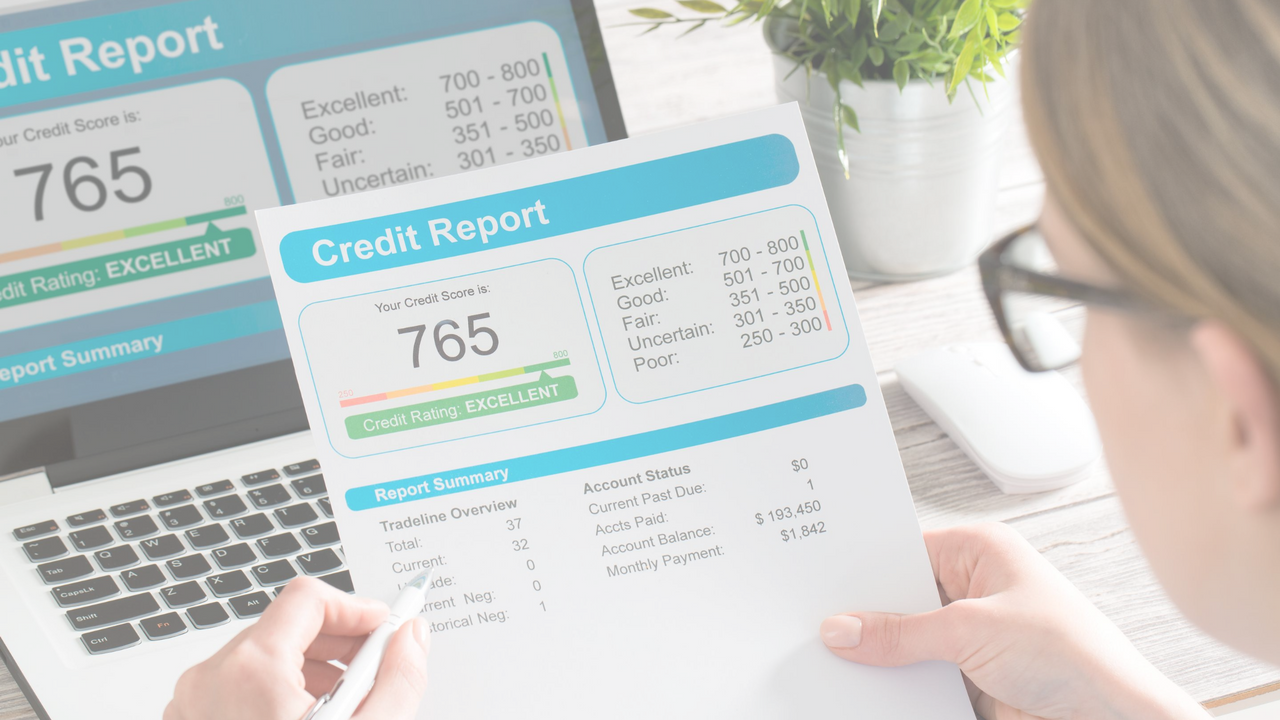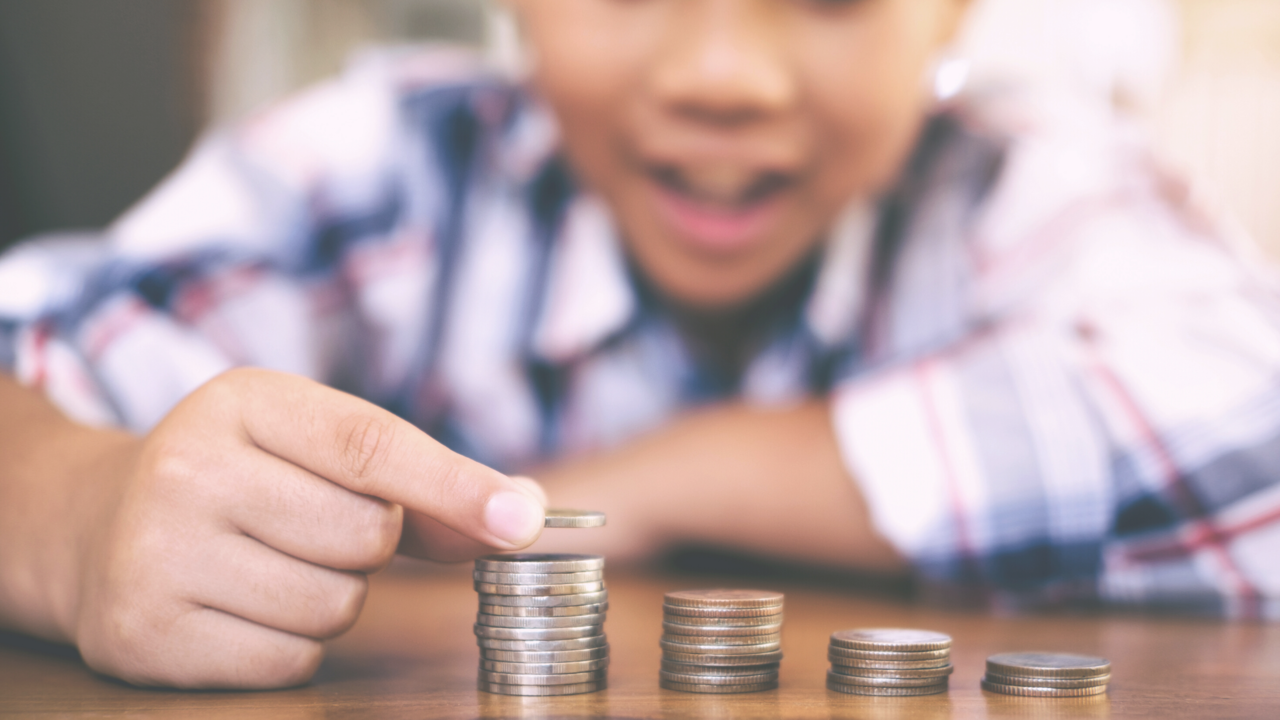Support for Women to Thrive: Watch Her Thrive's Mission

Often, as a woman is entering a life transition, she experiences this feeling of “I can do it!” mixed with a hefty dose of “What am I going to do?” Our mission at Watch Her Thrive is to provide support for women to thrive through these transitions.”
The goal behind Watch Her Thrive is to be a beacon. It’s more than just writing helpful blog articles to show you how something is done. It’s to empower you and show you that, Yes, you can do it!
From my early career days, I’ve always been an educator. I've used my experiences to provide support for women to thrive, regardless of circumstances. Sometimes in the traditional sense, like when I taught third grade in inner-city Baltimore; and sometimes in the non-traditional sense, like when I became a published senior equity research analyst. And sometimes in the very non-traditional sense as my ex-husband and I navigated the adoption system.
No matter what I did, my mom was always my rock. She was non-judgemental, full of support and enco...
Improve your Financial Situation This Year in 5 Easy Steps

Improving your financial situation is always high on the list of resolutions I hear from my clients. After all, with a mindful eye on your finances, you can build stability for your family and be able to thrive for years to come without worry. (It’s such a hot topic, I created a list of 10 financial resolutions you may want to set for yourself to help in this mission.)
That said, surviving and then thriving takes a little effort in the beginning to get yourself on the right track. Case in point: How many dimes would you have for each person you hear claim that “This is my year”? You may have racked up a few dollars just counting all the times you’ve proclaimed it’ll be your year. And, I mean this gently…. What happened after that proclamation? Exactly. Never fear, these 5 simple steps will help you improve your financial situation once and for all so you can bask in the knowledge that this will be your year for years to come.
Make the Decision
The first step in making this year be “...
14 Resources for Thriving After Divorce

The holidays are full of emotions whether you’re single, married, newly divorced, remarried, or divorced for a while. That isn’t an exhaustive list by any means, so suffice to say that the holidays can bring up complicated emotions. As a matter of fact, it is immediately after this time when divorce filing rates spike.
Should you be contemplating divorce right now, know that you are not alone. Here are a few resources to help you weather the storm so you can thrive after divorce! In this post, I share links across all facets of my specialties, from Intentional Divorce Solutions and Intentional Wealth Partners. If you’re interested in diving further into their topic, I’d suggest browsing the blogs on those sites, as I have a ton more information, and I couldn’t link to all of it!
Increasing Your Income To Help You Thrive After Divorce
One of the first things I usually hear when I work with couples at Intentional Divorce Solutions is that one person handled the finances, leaving th...
How to Enjoy the Holidays Without Overspending: A Midlife Woman’s Guide to Meaningful, Mindful Giving

The holidays can be joyful, but they can also stir up financial stress, especially for women who often balance family expectations, caregiving responsibilities, and the desire to make the season meaningful. This is exactly why holiday budgeting for women deserves its own conversation.
If this year looks different for you emotionally, financially, or simply in how you want to celebrate, you’re not alone. The holidays can be one of the easiest times to overspend, drift away from your budget, or feel pressure to give in ways that do not align with your current financial goals.
The good news is that you can create a holiday season that feels financially grounded and emotionally rich. With a mindful approach to holiday budgeting for women, you can stay on budget without sacrificing the heart of the season. Here’s how to do it.

1. Set Holiday Spending Limits That Align with Your Values
Setting a clear spending limit is the simplest way to protect your peace and your finances. Decide in...
Financial Planning Tips for When You're Just Starting to Invest

When you’re starting to invest, it can be overwhelming. There’s a lot of information, industry jargon, and things you can’t control. People talk about the market as a shorthand. If you aren’t in this world day in and day out, you may be missing some things that could help you in the long run. There’s no need to panic or worry, though, because with a little knowledge to get your investment life off on the right foot, it isn’t so scary.
First of all, let’s give you a round of applause! To some people, investing is such a big concept that they can’t wrap their brain around. They kick the can down the road and avoid the subject. But that isn’t you! You are capable, you can learn, and you’re ready to go for it. Here are a few tips for when you’re just starting to invest that will help you sort through some questions and give you a foundation of knowledge.
Prioritize Your Goals
Prioritizing goals is a big one that’s challenging for a lot of people. Investing is a balance of funding yo...
5 Financial Myths to Stop Believing (and the Truths Instead!)

People like to make a lot of proclamations about what to “always” or “never” do with your money. However, these are quite often total financial myths. And, when it’s coming from a source you trust, you tend to take these financial myths at face value rather than exploring the truth of the situation for yourself.
These five financial myths can negatively impact your mental wellbeing as well as that of your budget and financial security. So let’s play MythBusters and talk through some of the things we always hear about finances and the reality of the matter instead.
Financial Myth #1: You don’t need an emergency savings fund if you have a credit card.
The Reality: This is a very costly (and not always assured) way to cover emergencies.
This is one of the financial myths that always gets me going! There are so many things that could get you into trouble around credit cards and the way people use them is one of them.
The reality is that you may have credit today, but not tomorrow. ...
Start with Your Mindset: How to Get Your Finances in Order

Starting or maintaining a budgeting system can be a daunting task. Trying different methods until you find one that works is not uncommon. But, having the right attitude toward money, savings, and budgeting plays a crucial role. In this post, we explore five essential mindset shifts - strategies to get your finances in order.
Strategy #1: Embrace Money Transparency
Neglecting your financial situation can be incredibly stressful, particularly when unexpected expenses arise. That's why it's crucial to establish a budget that encourages you to address your finances proactively before a crisis strikes, enabling you to have a clearer and more comprehensive understanding of your financial standing.
By embracing the habit of checking your bank account on a daily basis, you can easily track your progress, make adjustments when necessary, and ultimately feel more empowered and in control of your financial well-being.

Strategy #2: Understand that Budgeting is a Process
When it comes to fi...
Using a Spending Plan to Manage Your Money

Budgeting and spending is always evolving, so having a plan in place to manage your money is a very powerful tool. A spending plan allows you to pivot quickly and make changes on a dime should things suddenly go awry (or, on the flip side, you find yourself with a windfall of good fortune).
Having a plan that gives you a quick overview of what’s coming in and how much you can allocate to spend in which categories will make money management stress-free. As a bonus, when you look at it more often, you can start to spend less time “dealing with” your finances and feeling guilty for treating yourself to a fancy coffee because it’s been a hell of a week and you want to feel good for a moment.
The reality is that when you stop avoiding your finances, you no longer have to fear them and blow it up into a more challenging situation than it really is. A spending plan is simply an evolving relationship with your money and a guide to direct your spending. It will be your best money friend the l...
Understanding Your Credit Score

It’s no secret that many Americans have very little knowledge of their credit score or general knowledge about keeping credit scores healthy. For example, VantageScore reported in their 2019 annual survey about consumer understanding of credit scores the following:
- 78% of respondents in 2012, but only 62% in 2019, correctly indicated that people have more than one credit score. [That is down 16% from 2012]
- 85% in 2012, but only 66% in 2019, correctly answered that keeping a low credit card balance helps raise a low credit score or maintain a high one. [That’s down 19% from 2012.]
The study found that the people who responded thought they had excellent or good knowledge. In fact, more people in 2019 said that they were confident in their knowledge than they were in 2018. But, as you can see, people actually know less about their credit scores. They just think they have a very firm grasp on the subject.
Understanding these numbers and the impact they will make in your life is par...
How to Teach Kids to Save

How do you teach your kids to save instead of spending their money as they get it? And how do you discourage your family members from spending everything they earn? I hear that a lot from parents and they’re great questions.
Teaching kids how to save up for big purchases while they’re young will prepare them for larger financial decisions they’ll have to make down the road. It teaches them to set goals and work to earn their money.
It’ll also help them to make saving and only purchasing when they have enough money to do so a habit. After all, it’s much better to do that instead of hopping on the Instant Gratitude Express at the Debt Station!
Here are a few ways you can teach your kids to save money instead of spending everything they earn.
Teaching Your Kids to Save
It’s never too early to talk to your kids about money and saving for bigger things rather than spending money as they get it. Yes, these items will grow as your kids do, but the idea of saving now so you can get mor...



